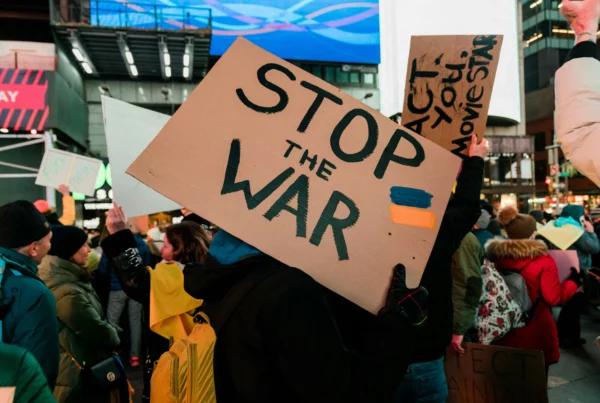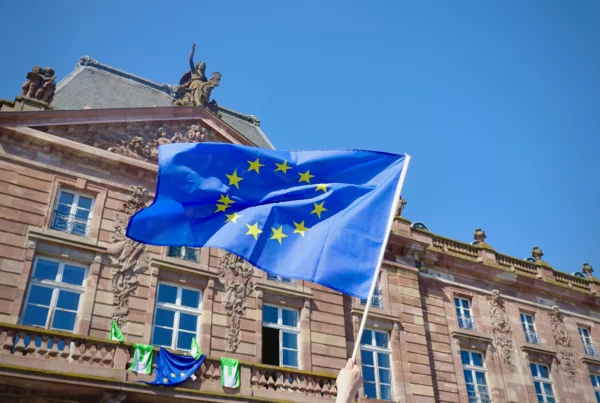Hot off the press: “European Territories Localise the SDGs”
From global to local: CEMR and PLATFORMA are proud to present the 2021 edition of our regular series of publications on how municipalities, regions and their associations are making the UN Sustainable Development Goals (SDGs) a reality on the ground.
Entitled European Territories Localise the SDGs: Continuity and Change in Times of COVID-19, this 46-page report is jam-packed with data, infographics, charts and best practices on how local and regional governments are working on the SDGs in Europe and beyond.
Based on data from 39 local and regional government associations in 29 countries, the study provides a succinct overview of the often-diverse situation across the European continent.
Local governments: key to monitoring and cooperation on the SDGs
The report’s findings are clear: an increasing number of local and regional governments and their associations in Europe are taking the lead in implementing what is still seen by many others as ‘just’ a global agenda. Those on the forefront however know how the 2030 Agenda and its SDGs can transform their daily work, policies and public services with inclusive approaches.
Indeed, 15.4% of associations are now more involved in the SDGs than in 2019. Today, over 3/4 associations have sound knowledge of the SDGs and 1/3 use them as a guiding reference.
The SDGs offer a shared vocabulary and goals, enabling local governments to interconnect with other governments and players, ultimately forming links between citizens and the world. Local governments and their associations have a particularly crucial role in promoting cooperation on and monitoring of progress on the SDGs.
84% of associations are involved in some way in national SDG coordination mechanisms. What’s more, around 4/5 associations have taking action on the SDGs’ international dimension and consider that the SDG framework helps development of partnerships with peers, namely for decentralised cooperation activities centered around the 2030 Agenda.
The report also highlights the essential role of local government associations have played during the COVID crisis. This has included sharing information with municipalities and regions, capacity-building, advocating for financial support and participating in national consultations.
Recommendations to realise the 2030 Agenda from the bottom-up
We have long known that the ambitious goals of the 2030 Agenda need to be implemented from the bottom-up. The local level is ideal for experimentation, innovation and acceleration of work on the SDGs. However, the right conditions need to be in place to realise this potential.
The report formulates 5 key recommendations:
- Increase EU and national funding for SDG localisation
- Promote mutli-level governance, multi-stakeholder partnerships and policy coherence
- Local and regional governments and their associations should continue peer learning within and outside Europe
- National governments should increase recognition and support for SDG localisation (notably to monitor progress)
- Strengthen human resources and capacities on SDG localisation
The report and its key findings will be presented on 29 June at the 12th Annual Meeting of Cités Unies Frances (CUF), on 8 July during a PLATFORMA-CEMR dedicated webinar taking place during the UN High Level Political Forum on Sustainable Development (HLPF, registration form) and at other local government events.

Director – PLATFORMA






